After arriving on iOS, Suno AI will soon arrive on Android. It lets you create "radio-quality" music
Suno AI also has its own Copilot extension
2 min. read
Published on
Read our disclosure page to find out how can you help MSPoweruser sustain the editorial team Read more
Key notes
- Suno AI launches on iOS via the App Store, promising “radio-quality” music creation with its Suno v3 model.
- An Android version is forthcoming after a US release, with plans for a global rollout including the EU.
- Legal challenges persist as major music labels have sued Suno for allegedly using copyrighted music in its AI training.
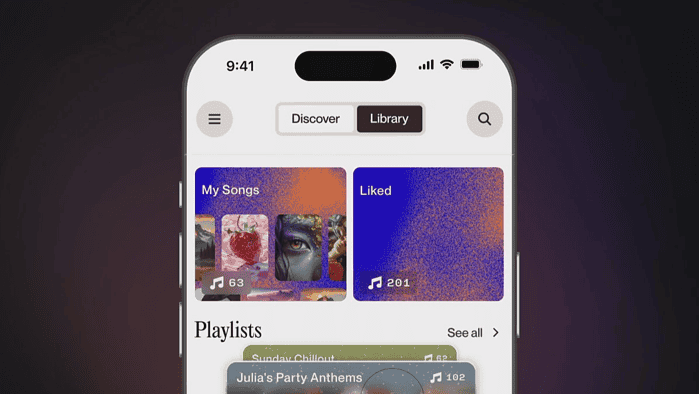
Suno AI has finally arrived on iOS, and it’s downloadable via the App Store for users in the US, for now. The promising AI, which has also arrived on Copilot as an extension, claims that it’s able to create “radio-quality” music with the latest Suno v3 model.
Despite releasing the app for iOS first, Suno said that an Android version of the mobile app is arriving soon, following a global rollout, including the EU, for everyone. The premise itself is simple: by entering word prompts into the box, you can generate any song, instrumental, lyrics, or voice you desire.
“Whether you’re a shower singer or a charting artist, we break barriers between you and the song you dream of making. No instrument needed, just imagination,” the app’s description reads.
The song comes with a maximum of 2 minutes with 50 free credits per day that you can choose if you’re a free user. Suno also comes with paid Pro and Premium versions, ranging from $10/month for one month of the Pro Plan to $289/year for one year of the Premier Plan.
Still, it comes with a few legal questions in mind as Suno has previously been sued by major music labels like Universal, Sony Music, and Warner (via Los Angeles Times).
The lawsuit alleges the company stole copyrighted music for AI training, while the AI developer contends it creates new content and doesn’t simply replicate existing material, despite legal disputes with the music industry.

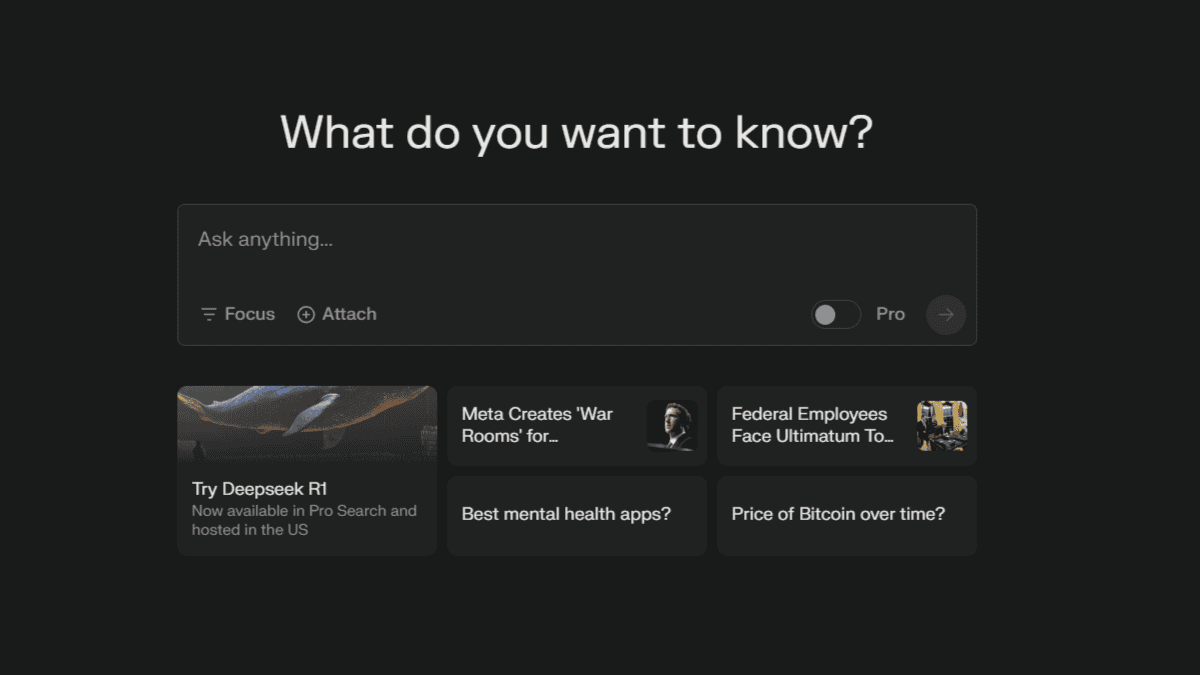
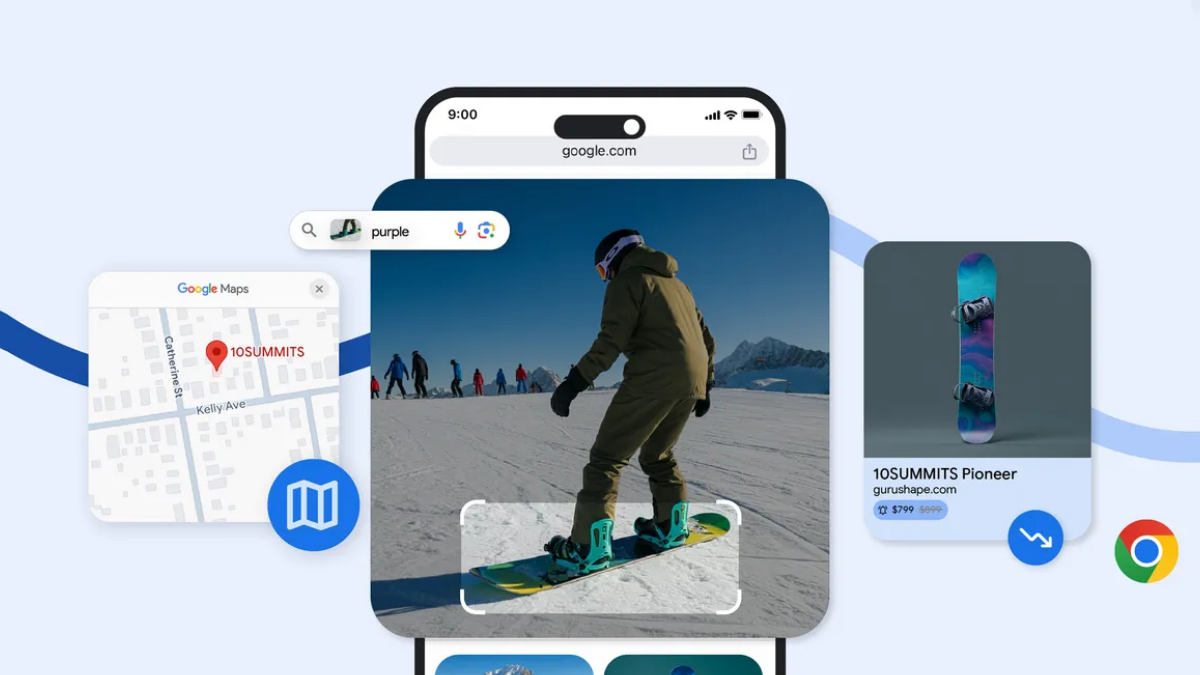
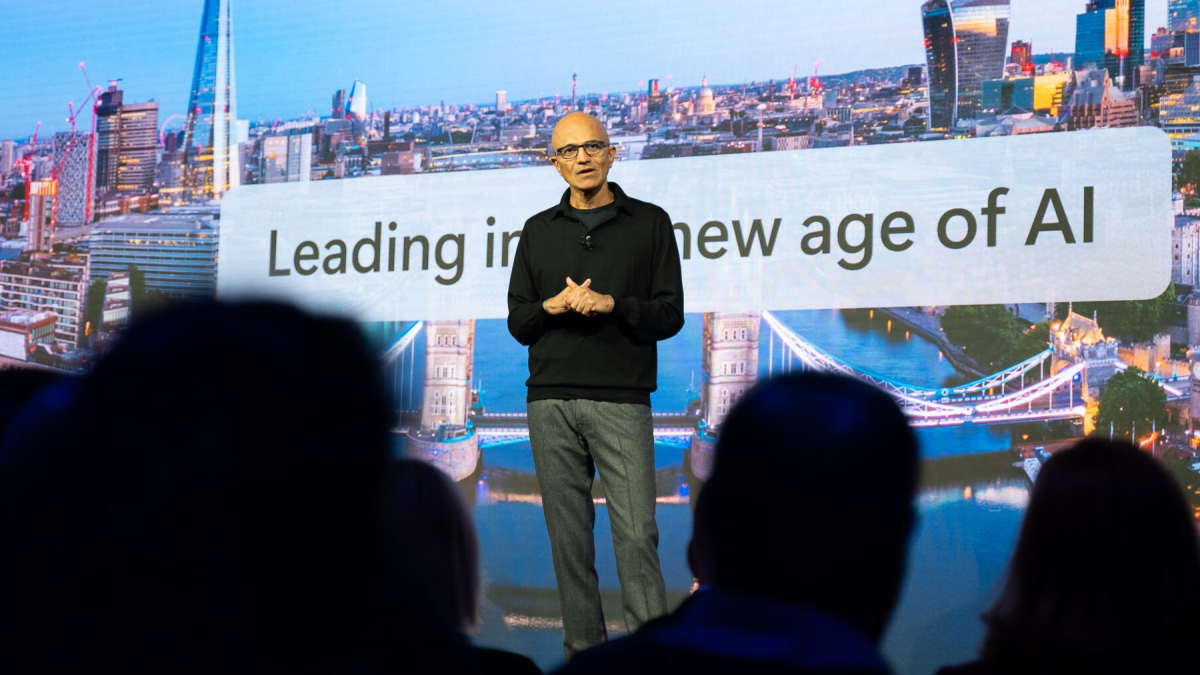
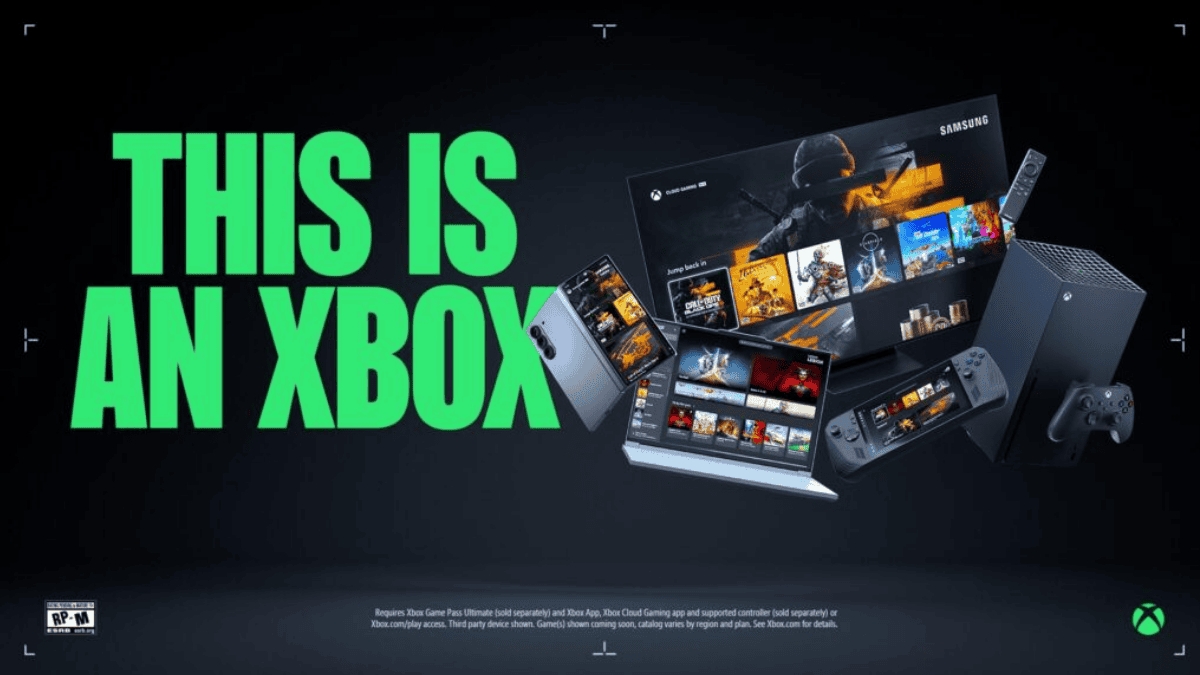


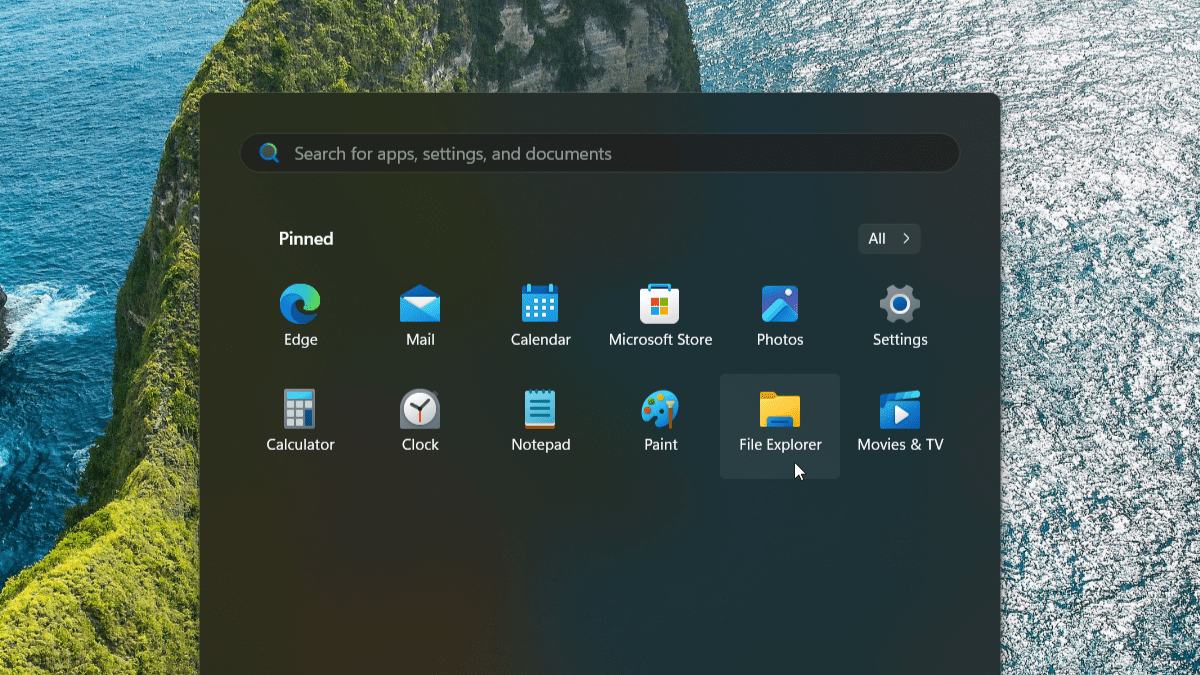
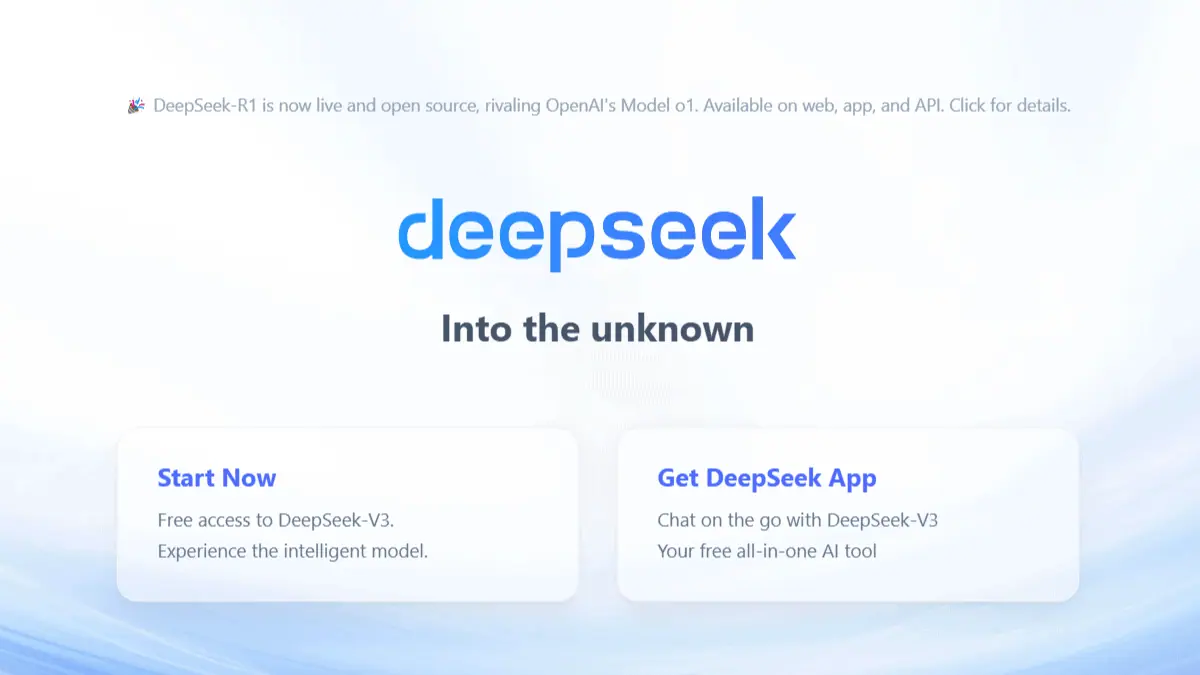
User forum
0 messages